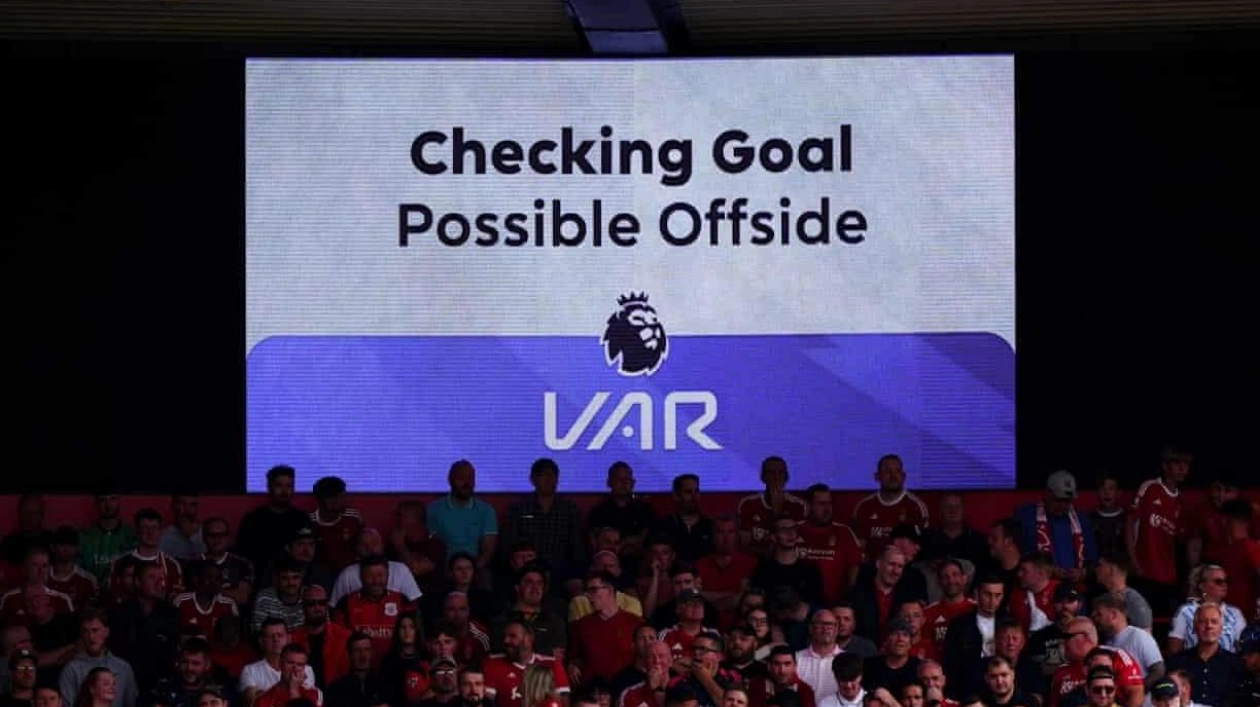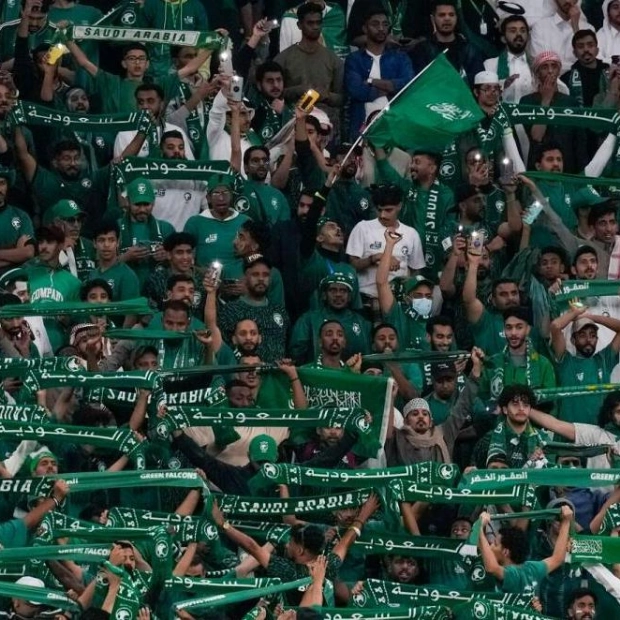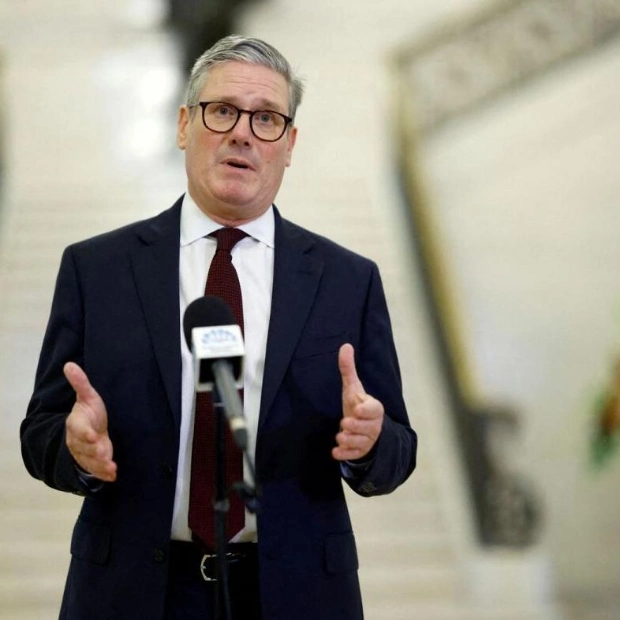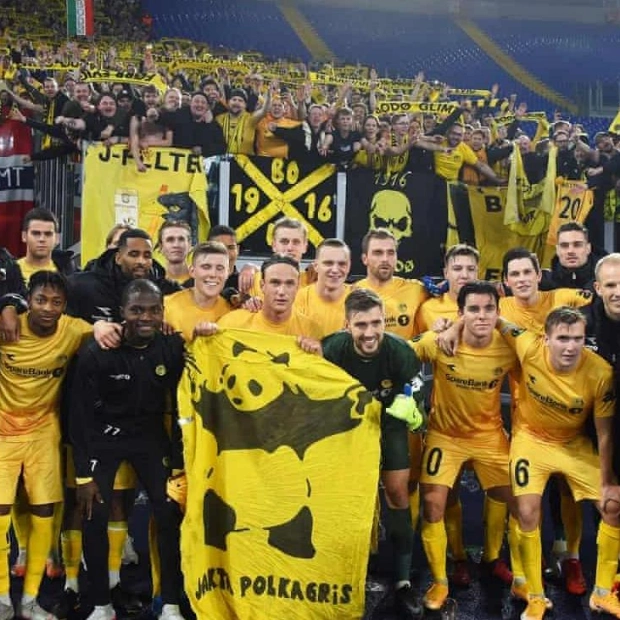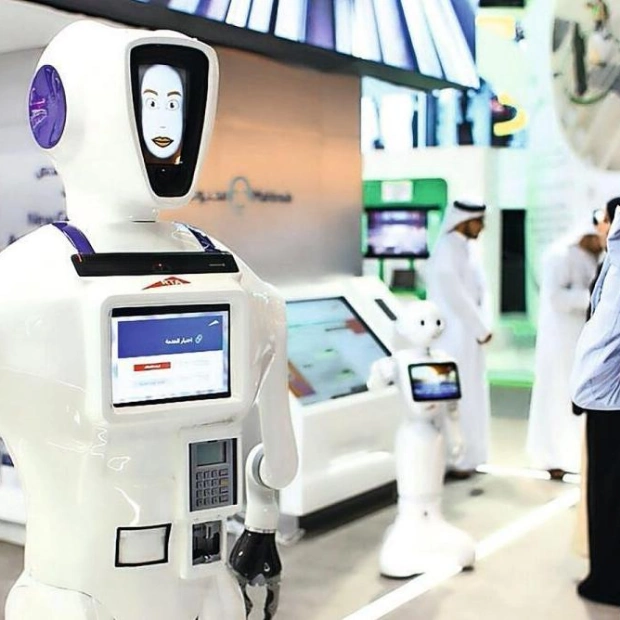The implementation of semi-automated offside technology (SAOT) has been postponed, as a system deemed essential for enhancing the video assistant referee (VAR) system will not be utilized in Premier League matches until the new year. Howard Webb, the chief refereeing officer of Professional Game Match Officials Ltd (PGMOL), had initially planned for the technology's introduction this autumn, with expectations that it would be rolled out following the October international break. However, club officials were informed by the Premier League during a shareholders' meeting on Thursday that this timeline has been revised.
PGMOL is anticipated to conduct additional testing of the technology throughout the autumn, with a cautious approach to deploying it in the high-stakes Premier League environment until there is complete confidence in its ability to deliver the promised improvements. This summer, the Guardian disclosed that PGMOL had opted to trial a system developed by Genius Sports, rather than the products provided by Hawk-Eye, which currently supplies goalline technology to the top flight. Officials are hopeful that SAOT technology can reduce the time required to confirm offside decisions during VAR interventions by over 30 seconds.
During a notably brief shareholders' meeting in central London, clubs were presented with data by the Premier League's chief football officer, Tony Scholes, demonstrating that VAR decision-making efficiency has improved this season. Additionally, clubs were reminded of their commitment to enhancing player behavior, following a series of yellow cards issued for unsporting conduct. Notably absent from the discussion was any mention of the arbitration case brought by Manchester City against the league concerning its rules on associated party transactions (APT). Despite speculation that a verdict has been reached, no vote was taken on the database used to assess APT deals.
Manchester City has contested the APT rules, arguing that they restrict the club's competitiveness by limiting sponsorship agreements with companies under the same ownership umbrella as the United Arab Emirates state-owned club. These rules were introduced following the Saudi takeover of Newcastle and were recently tightened after a league proposal was narrowly approved by clubs. Under Premier League rule X.31, there is no requirement to publish the verdicts of an arbitration panel, which are treated as confidential between the parties involved. Only if the award involves decisions on points of law or interpretation can a summary judgment be published, subject to the consent of both parties.
Leading sports lawyer Nick De Marco, who this summer successfully represented Leicester in an appeal against alleged breaches of the league's profitability and sustainability rules, suggested that the league should reconsider its rules to make these verdicts public. De Marco expressed concern over the secrecy surrounding the arbitration process, arguing that it does not serve the league's reputation well, especially as the government contemplates the powers of a new independent football regulator.
